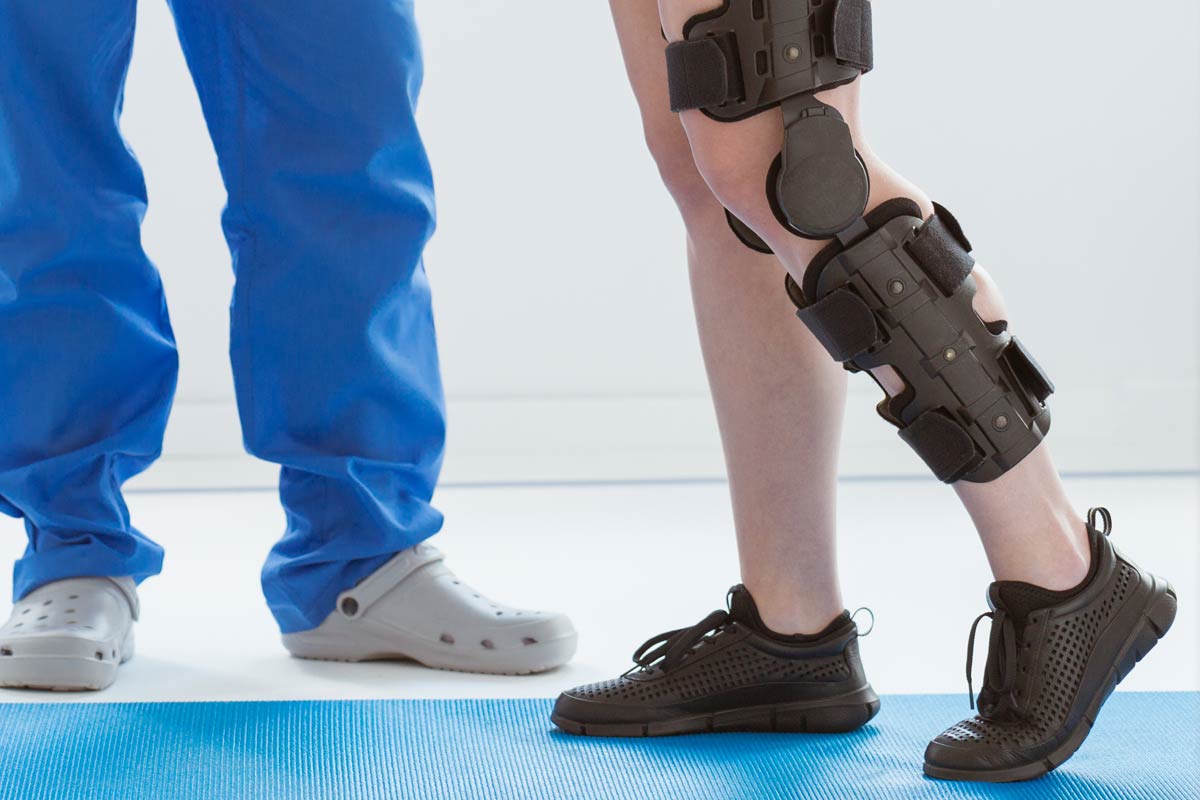Precision Machining for Orthopedic Implants and Aids
medical
devices

medical
devices


At Decovi, we produce a wide range of components for orthopedic aids and surgical instruments of various sizes and levels of complexity through a combination of CNC machining processes. These include parts for robotic prosthetic limbs as well as various tools used in orthopedic surgery.
CNC precision machining is the ideal production method for these types of products as it allows for significant customization freedom for a more precise and personalized fit. Sometimes these units can be of tough materials and extremely complex designs in order to accommodate a particular patient or for the testing of innovative orthopedic solutions. Complex parts require attentive assembly process once machining is complete, for which we have the required competence. Surface finishing is also vital for optimal functionality and longevity of these products as they usually stay in touch with human body for extended periods of time, or even permanently.
Décovi’s decades-long experience in CNC machining along with the knowledge of our expert technical staff make us a reliable partner to successfully deliver on our clients’ custom designs, prototyping requests and orders involving production of semi-finished or finished products.
The choice of material for the production of orthopedic components and devices influences their strength, rigidity, resistance to corrosion and wear and therefore longevity, and biocompatibility. Another important factor for optimum functionality and durability is surface finishing which can minimize the risk of infections.
Our ISO 13485 certification demonstrates our commitment to comply with the approved standards for the manufacturing of medical devices and our ability to continually provide customers with best quality components.
Materials most commonly used are stainless steel, cobalt alloys and titanium, polymers and ceramics. While stainless steel is more often used for temporary fixation devices and instruments, cobalt-based alloys are preferred for permanent implants. Titanium is most corrosion and load resistant, characterized by superior strength while being lightweight.